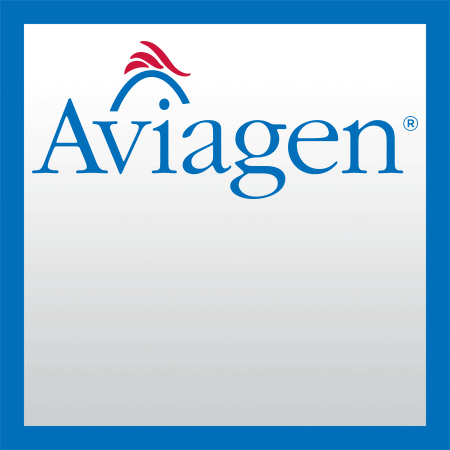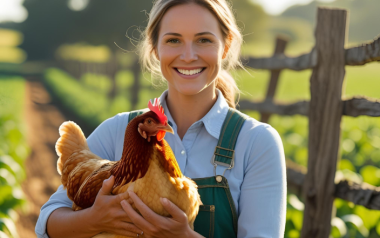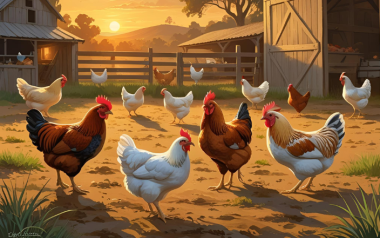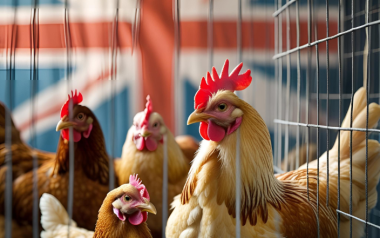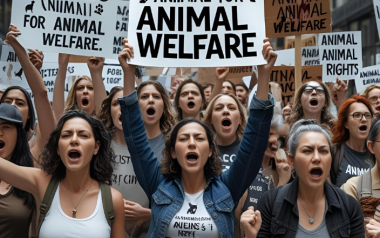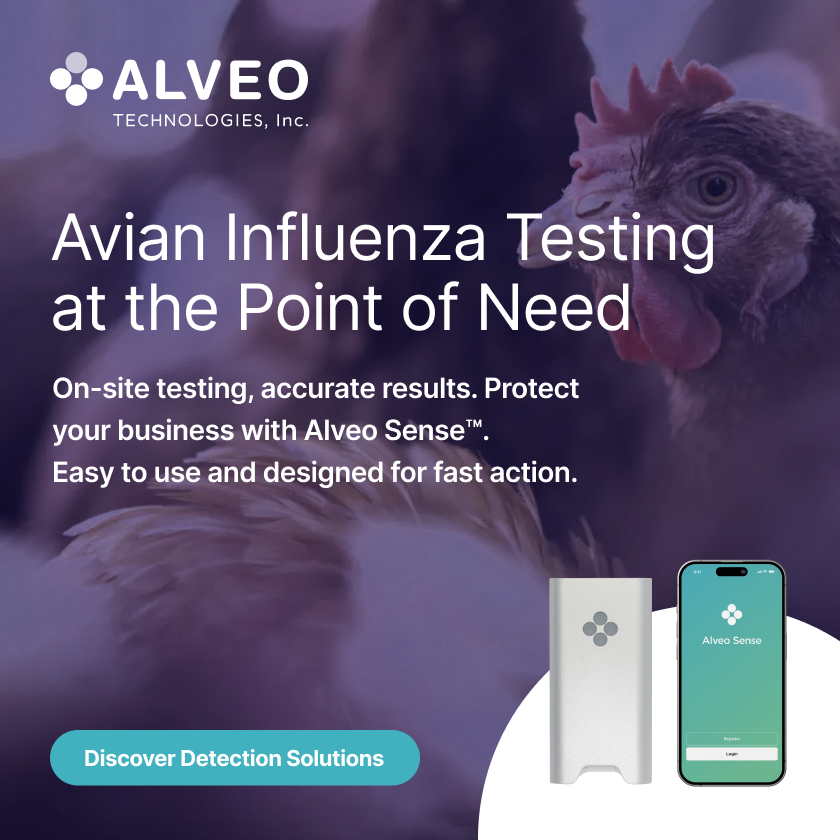Sources: Available upon request
20 Jun 2025
Activists target poultry producers via banks
In a bold shift in strategy, animal rights organizations are increasingly leveraging financial institutions to pressure poultry producers into adopting more humane and sustainable practices.
In a bold shift in strategy, animal rights organizations and activists are increasingly leveraging financial institutions to pressure poultry producers into adopting more humane and sustainable practices. This emerging tactic, described by critics as “weaponizing banks,” aims to reshape the future of animal agriculture by influencing the flow of capital.
Humane World for Animals, a prominent advocacy group, recently announced its collaboration with major financial institutions to promote plant-based alternatives and stricter animal welfare standards. According to CEO Kitty Block, “Financial institutions are pivotal actors in shaping food systems. Their investment decisions determine which models thrive and which fade away. It’s imperative that animal welfare becomes a core consideration in financing strategies”.
The group’s efforts include engaging with entities like the International Finance Corporation (IFC), which has already outlined specific animal production practices it no longer supports—such as conventional layer housing. IFC’s investment criteria now emphasize animal husbandry systems that incorporate welfare-focused management and technologies.
While some institutions have begun reevaluating their portfolios, others—such as Citigroup, Bank of America, and HSBC—have yet to make public commitments. As of March 2023, private banks had invested over \$323 billion in animal production assets globally.
This financial pressure is not new. Activists have long influenced corporate behavior through public campaigns and shareholder activism. The recent surge in cage-free egg pledges, for instance, was largely driven by advocacy groups applying direct pressure on grocery and restaurant chains. Many industry insiders acknowledge that these pledges were not purely market-driven but a response to persistent lobbying and reputational risks.
Now, by targeting the financial backbone of the poultry industry, activists hope to accelerate systemic change. The strategy involves creating negative publicity around banks that fund intensive animal farming, thereby encouraging divestment or stricter lending criteria.
Poultry producers, however, argue that these tactics threaten the economic viability of their operations and could lead to increased food prices. They claim that activists are oversimplifying complex agricultural systems and ignoring the progress already made in welfare standards.
As the debate intensifies, the poultry industry faces mounting pressure to adapt. Whether through regulatory reform, consumer demand, or financial influence, the push for ethical and sustainable practices is gaining momentum—and banks are now at the center of this transformation.







